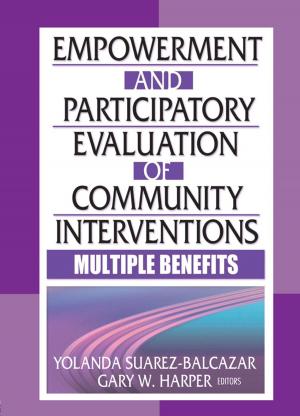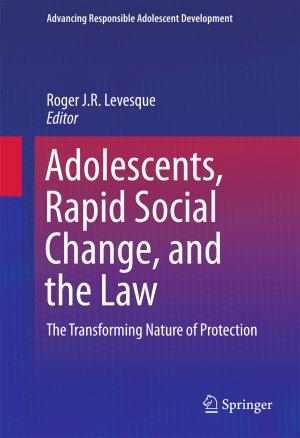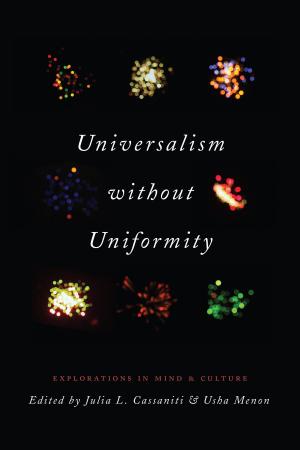Ignorance and Evil: An Analysis of Racism in South Africa
Nonfiction, Health & Well Being, Psychology, Social Psychology| Author: | Newton Fortuin | ISBN: | 9781476058825 |
| Publisher: | Newton Fortuin | Publication: | July 5, 2012 |
| Imprint: | Smashwords Edition | Language: | English |
| Author: | Newton Fortuin |
| ISBN: | 9781476058825 |
| Publisher: | Newton Fortuin |
| Publication: | July 5, 2012 |
| Imprint: | Smashwords Edition |
| Language: | English |
I initially wrote Ignorance and Evil in 2005, and then it merely was a simple reflection on the interconnection between ignorance and evil, and not necessarily about racism. That it significantly focused on apartheid and its effects was coincidental as I happened to have lived in a society where grave evil was committed, and it, largely under the banner of a conservative religion.
Because of the aforementioned context, it consequently was very critical of Afrikaaners (a grouping of mainly Dutch, French and German settlers), as a grouping, having been the main perpetrators of apartheid. What was very revealing, however, was that the article received little or no resistance from Afrikaaners themselves, who were indeed largely supportive, and at times, even remorseful about the past.
But what was particularly revealing to me, is that English speakers tended to be far more indifferent, and at times defensive, about the content. This led me to do a deeper enquiry into the overt and subliminal issues of race, and how they perhaps could be addressed.
I initially wrote Ignorance and Evil in 2005, and then it merely was a simple reflection on the interconnection between ignorance and evil, and not necessarily about racism. That it significantly focused on apartheid and its effects was coincidental as I happened to have lived in a society where grave evil was committed, and it, largely under the banner of a conservative religion.
Because of the aforementioned context, it consequently was very critical of Afrikaaners (a grouping of mainly Dutch, French and German settlers), as a grouping, having been the main perpetrators of apartheid. What was very revealing, however, was that the article received little or no resistance from Afrikaaners themselves, who were indeed largely supportive, and at times, even remorseful about the past.
But what was particularly revealing to me, is that English speakers tended to be far more indifferent, and at times defensive, about the content. This led me to do a deeper enquiry into the overt and subliminal issues of race, and how they perhaps could be addressed.















